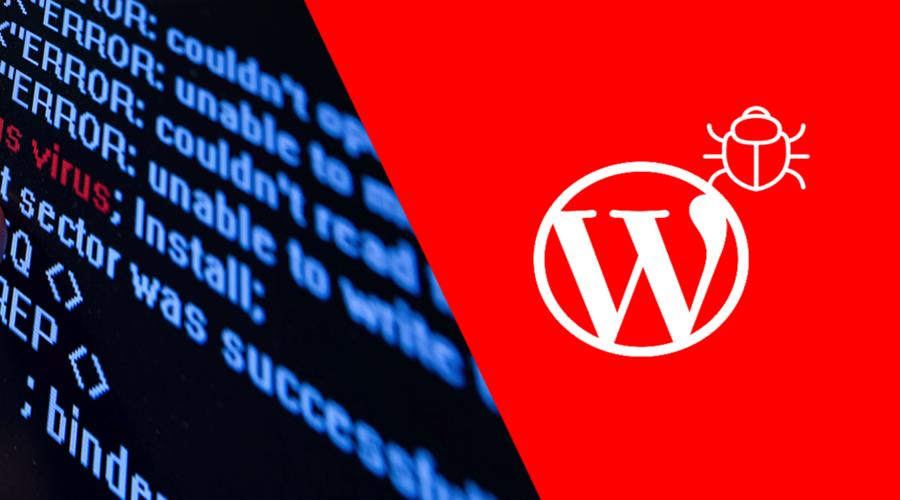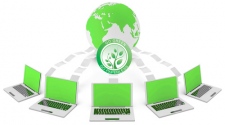WordPress has gained extensive popularity as a web development platform, thanks to the range of features it offers. It bundles up flexibility, scalability, customizability, and security too. Talking about security, WordPress is regarded as one of the secure development platforms. However, the scope for vulnerabilities is always there, even for the most robust platforms and WordPress is no exception. Faulty code and non-adherence to security best practices put the website at risk. Also, malware attacks are one of the biggest concerns that it comes across, which is the reason that every WordPress developer wants to focus on learning more about malware and preventing such attacks.
Malware refers to the various types of malicious software that can infect a single application or system or spread to a large number of systems. When malware infects a WordPress website, it usually takes control of one or more of its key functionalities. They may even infect the devices used to access the website. The damage may not be extensive in most cases and may even go unnoticed. However, malware infections in your website have to be identified and resolved before they have a negative impact on your business. Let’s see how malware can affect a WordPress website:
- Misusing the server resources
Malware attack on websites exposes their server resources to hackers. A hacked server can be misused in various ways that can harm the business operations as well as its reputation. For instance, it can cause a performance lag for the website and even professional wordpress speed optimization will not be able to resolve the issue. A sudden speed glitch in the website means that the potential customers will not be able to access it or will not be happy with the experience that it renders. Slow websites translate into business loss as online customers are hard to hold, particularly if the site lacks in terms of user experience. - Sending spam emails
Another way in which malware can affect a WordPress site is by sending spam emails through it. This practice can put the site at the risk of being blacklisted as most email servers track down the IPs of such servers that send out spam emails and blacklist them. When an infected site gets involved in spamming activities, they get identified sooner or later and can be blacklisted by spam watchdog services. Also, there are chances that their account may be suspended by their web host until all malware is removed from it. This can disrupt the business activity and result in downtime and loss. - Damaging the site’s SEO
Search Engine Optimization (SEO) is vital for the success of any online website as it does the job of taking it to the top of search rankings. Malware can undo all the SEO efforts invested by the site owner by replacing its outbound links in such a way that they navigate to some other domains. While this approach boosts the traffic for the targeted domains, it can have an adverse impact on the WordPress site that is hacked. Sometimes, malware can even create keyword-rich dummy pages to fetch visitors and then lead them elsewhere. Periodic inspection of the site’s outbound links is recommended to prevent these attacks. - Mining cryptocurrencies illegally
As cryptocurrencies are becoming a rage these days, hackers have come up with novel ways to use malware for illegal mining of cryptocurrencies. Malware can infect a WordPress website and use its visitor’s browser for mining cryptocurrency whenever they access the site. A sudden change in the performance of the website is an indication that it might have fallen prey to a crypto-hacking attack. Opting for specialized wordpress plugin development is the best way to protect the site against such attacks.
Conclusion
Considering the serious after-effects of a malware attack on your WordPress site, it becomes essential to detect them in time and deal with them effectively. After all, the business and its reputation are at stake when the any of the aforementioned situations arise. The best approach is to hire WordPress developer to handle the issue with the required skills and expertise. They can assess the site and perform periodic audits to identify the presence of malware. If they find issues, they can take relevant measures to resolve them. In case none are found, developers can still take steps to stronghold the store’s security and ensure that it always remains malware-free.












